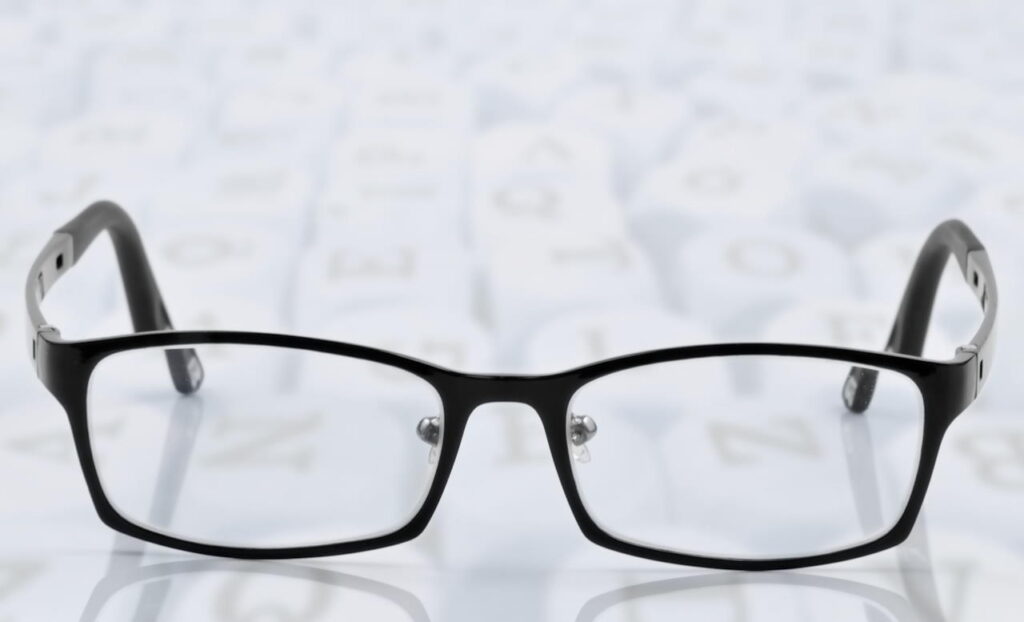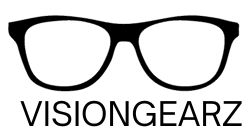Don't miss our holiday offer - up to 50% OFF!
Reading Glasses vs. Computer Glasses: Which One Do You Need?

Many people today experience eye strain and discomfort from extensive reading and screen use. To alleviate these issues, specialized eyewear like reading glasses and computer glasses have been developed. However, deciding between these two options can be challenging. This article will help you understand their distinct purposes and lens technologies, and guide you in selecting the right pair for your specific needs.
When Should You Wear Reading Glasses?
Reading glasses are designed to help with presbyopia, a condition that typically begins to affect people in their 40s, making it difficult to focus on close objects. If you find yourself holding reading material further away to see it clearly, reading glasses can provide the necessary magnification to ease your eye strain. They are perfect for activities such as reading books, newspapers, or magazines, and for hobbies that require close-up focus, like knitting or model building.
Reading with glasses specifically crafted for near tasks can significantly enhance comfort and visual clarity. Whether you’re reading in bed, browsing recipes in the kitchen, or studying documents at your desk, reading glasses can make these tasks easier and more enjoyable.
What is the Difference Between Reading Glasses and Computer Glasses?
While both types of glasses are designed to reduce eye strain, they cater to different needs and distances.

Reading Glasses
Reading glasses are optimized for close-range vision, typically between 12 to 16 inches from your eyes. The lenses provide magnification to help you focus on small print and intricate details. They are straightforward in their function, primarily offering clear vision for close-up tasks without additional features like coatings or tints.
Computer Glasses
Computer glasses are intended for intermediate distances, about 20 to 26 inches from your eyes, the typical range to a computer screen. These glasses often come equipped with anti-reflective coatings to minimize glare and blue light filters to reduce exposure to blue light emitted by screens, which can lead to digital eye strain and disrupt sleep patterns. The lens design and coatings are specifically tailored to make prolonged computer use more comfortable.
Is it Okay to Wear Reading Glasses When Working on Your Laptop/PC?
Although it might seem convenient to use reading glasses for computer work, this can actually exacerbate eye strain for a few reasons:
Viewing Distance
Reading glasses are meant for close-up tasks, so using them for computer work can cause improper focusing since the screen is generally positioned further away than a book or handheld device. This mismatch can lead to increased eye strain as your eyes attempt to focus at an unsuitable distance.
Blue Light Protection
Most reading glasses do not have blue light protection, which is essential for reducing the strain from prolonged screen exposure. Blue light can interfere with sleep patterns and cause significant discomfort over time.
Ergonomics
Using reading glasses for computer work may encourage poor posture. You might lean closer to the screen or adjust your neck awkwardly to see better, leading to discomfort in your neck, shoulders, and back.
Choosing the Right Reading Glasses for Your Needs
Selecting the appropriate glasses depends on your primary activities and how you spend your time.
For Close-Up Reading
If you mainly need glasses for reading books, magazines, or any other material up close, reading glasses are the best choice. They offer the necessary magnification to help you see clearly and comfortably without eye strain.
For Computer and Digital Device Use
If you spend a lot of time in front of a computer or digital devices, computer glasses are more suitable. They are specifically designed to reduce screen glare, filter blue light, and help you maintain a comfortable viewing distance, thereby minimizing the risk of digital eye strain.
Additional Considerations
Lens Quality and Technology
Regardless of the type of glasses, lens quality is crucial. High-quality lenses with anti-reflective coatings can significantly reduce glare and improve visual comfort. For computer glasses, blue light filtering lenses are beneficial. Some brands offer customizable options where you can choose the level of blue light protection according to your needs.
Frame Comfort and Style
Comfort and fit are also important factors. Lightweight, well-fitted frames ensure that you can wear your glasses for extended periods without discomfort. Additionally, with a variety of styles available, you can select frames that match your personal taste and lifestyle.
Prescription vs. Over-the-Counter
Both reading and computer glasses come in prescription and over-the-counter versions. If you have a specific prescription, custom glasses tailored to your vision needs are recommended. Over-the-counter glasses are a convenient and affordable option for those without specific vision prescriptions but might not offer the same level of clarity and comfort as prescription glasses.
Finding Your Glasses for Reading
The choice between reading glasses and computer glasses should be based on your specific needs and daily activities. If you frequently switch between close-up reading and computer work, you might consider having both types of glasses available. Brands like Gunnar Optiks, Felix Gray, and Pixel Eyewear offer a variety of options tailored to different needs, ensuring you can find the perfect pair to enhance your visual comfort and protect your eyes.
Understanding the differences between reading glasses and computer glasses can help you make an informed decision, reducing eye strain and improving your overall visual experience. Whether you’re reading a book in bed or spending hours in front of a computer, the right pair of glasses can make all the difference.
